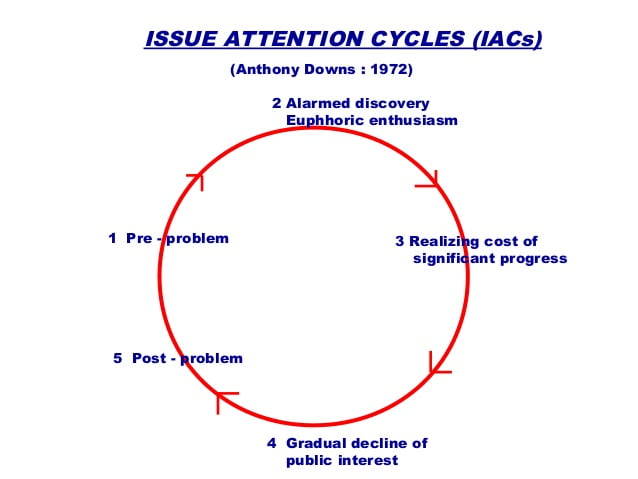My name is U.S. Senator Rand Paul, M.D. and I am a champion of
constitutional liberties and fiscal responsibility. Since 2011, I have fought against
constitutional overreach in Congress. My mission is to return government to its
limited, constitutional scope. I pride myself in serving the great state of
Kentucky, the Republican Party, and the American people.
I see myself as a political outsider as I am not a career
politician. In 1988, I graduated from Duke Medical School and began my ophthalmology
practice in Bowling Green, Kentucky. Shortly after, I founded the Southern
Kentucky Lions Eye Clinic, an organization that provides eye exams and surgery
to needy families and individuals and I have personally performed several
pro-bono surgeries over the last eight years. In 2002, the Twilight Wish
Foundation recognized me for outstanding service and commitment to senior
citizens. In 2010, I was elected by the people of Kentucky to represent them in
the U.S. Senate.
Although my time in the Senate has been comparatively short,
I have advocated for a balanced budget amendment, term limits, and privacy
reform. In the 113th Congress, I was added to the Foreign Relations committee
and retained my spot on the Health, Education, Labor and Pensions, Homeland
Security and Government Affairs, and Small Business committees. On May 20,
2015, I spoke for over ten hours in opposition of the reauthorization of
Section 215 of the Patriot Act and several sections of the Patriot Act were
prevented from being reauthorized. In March 2017, I introduced the Stop Arming
Terrorists Act that would have prohibited the use of United States Government
funds to provide assistance to Al Qaeda, Jabhat Fateh al-Sham, and the Islamic
State of Iraq and the Levant (ISIL) and to countries supporting those
organizations. It has been my main objective to keep Americans safe.
My entrance into politics is indicative of my life’s work as
a surgeon: a desire to diagnose problems and provide practical solutions,
whether it be in Bowling Green, Ky., or Washington, D.C.









